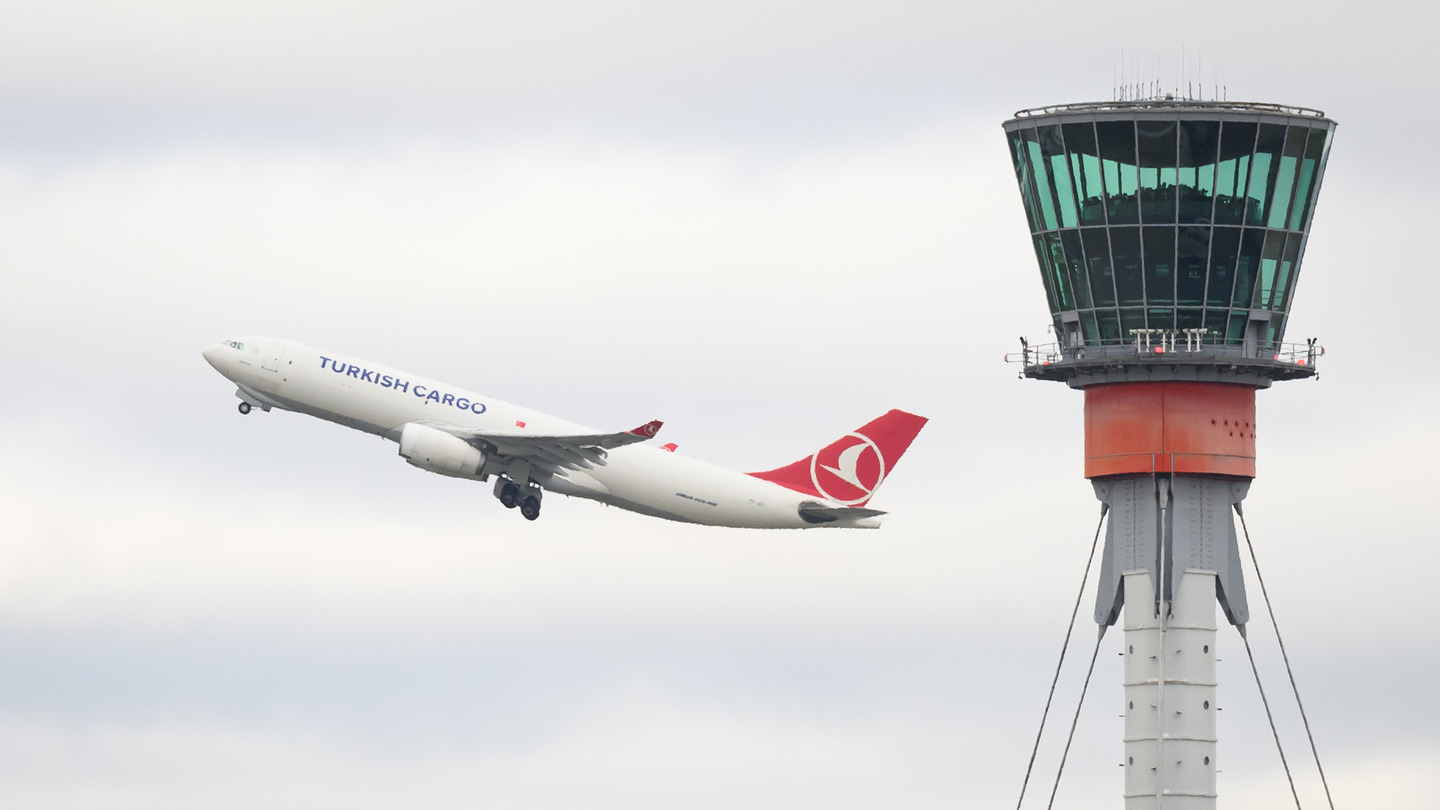
NATS, the UK’s main air traffic control organisation, has revealed its findings into the technical glitch that shut down its systems last week, causing mass cancellations and delays across the UK network.
The report, which was handed over to the Department for Transport and the Civil Aviation Authority (CAA), found that an issue with the flight plan processing sub-system, the Flight Plan Reception Suite Automated-Replacement (FPRSA-R), was responsible for the system entering a fail-safe mode.

Discover B2B Marketing That Performs
Combine business intelligence and editorial excellence to reach engaged professionals across 36 leading media platforms.
NATS said that a flight plan using two “identically named, but separate, waypoints outside of UK airspace” led to a critical exception within its systems, which were not able to reject the plan or approve it for air traffic control.
CEO Martin Rolfe said: “Incidents like this are extremely rare and we have put measures in place to ensure it does not happen again.”
“Keeping the sky safe is what guides every action we take and that was our priority during last week’s incident. I would like to reiterate my apology for the effects it had on so many people, including our airline and airport customers.”
In the report, NATS detailed how data for a flight that was passing through UK airspace was unable to be processed by the FPRSA-R system or its backup and, by misidentifying its exit waypoint as being at a geographically different but identically named location, the software could not identify a UK portion of the flight path.

US Tariffs are shifting - will you react or anticipate?
Don’t let policy changes catch you off guard. Stay proactive with real-time data and expert analysis.
By GlobalDataThe system then raised a critical last resort exception, requiring manual input to address the issue, placed itself into maintenance mode and the backup systems were brought online.
However, the backup systems then attempted to process the same flight path data and took the same steps as the main system before placing itself into maintenance mode and turning off automatic processing for the first time since the FPRSA-R system was brought online in 2018.
In response to the delivery of NATS’ report, the CAA has said that it will also be launching its own investigation into the system failure and NATS’ response to it to see if the organisation may have “breached its statutory and licencing obligations”.
Joint interim chief executive Rob Bishton said: “The initial report by NATS raises several important questions and as the regulator, we want to make sure these are answered for passengers and industry.
“If there is evidence to suggest NATS may have breached its statutory and licencing obligations, we will consider whether any further action is necessary.”
However, NATS has said that it has already implemented a number of steps to prevent the incident from reoccurring, including inputting a new operating instruction to enable quick recovery of the FPRSA-R system in similar circumstances and adding message filters between systems to exclude flight plans with the same issues.
The organisation has also asked the manufacturer of its FPRSA-R system to develop a permanent software change to prevent the triggering of a critical exception in the described conditions.
Transport Secretary Mark Harper welcomed the NATS report and the CAA’s independent review as a chance to understand what other steps could be taken to improve the resilience of the UK’s air traffic control systems
Harper said: “Thousands of passengers faced disruption as a result of the failure, with over 1500 flights cancelled and hundreds more delayed. I once again want to echo NATS’s apology to those who were caught up in it, with a technical fix now identified to ensure that such an incident does not recur.”
Harper will also be chairing a meeting between NATS, the CAA and aviation industry figures to discuss the report’s findings and “consider initial feedback” from airlines, many of which have expressed annoyance at the situation.





